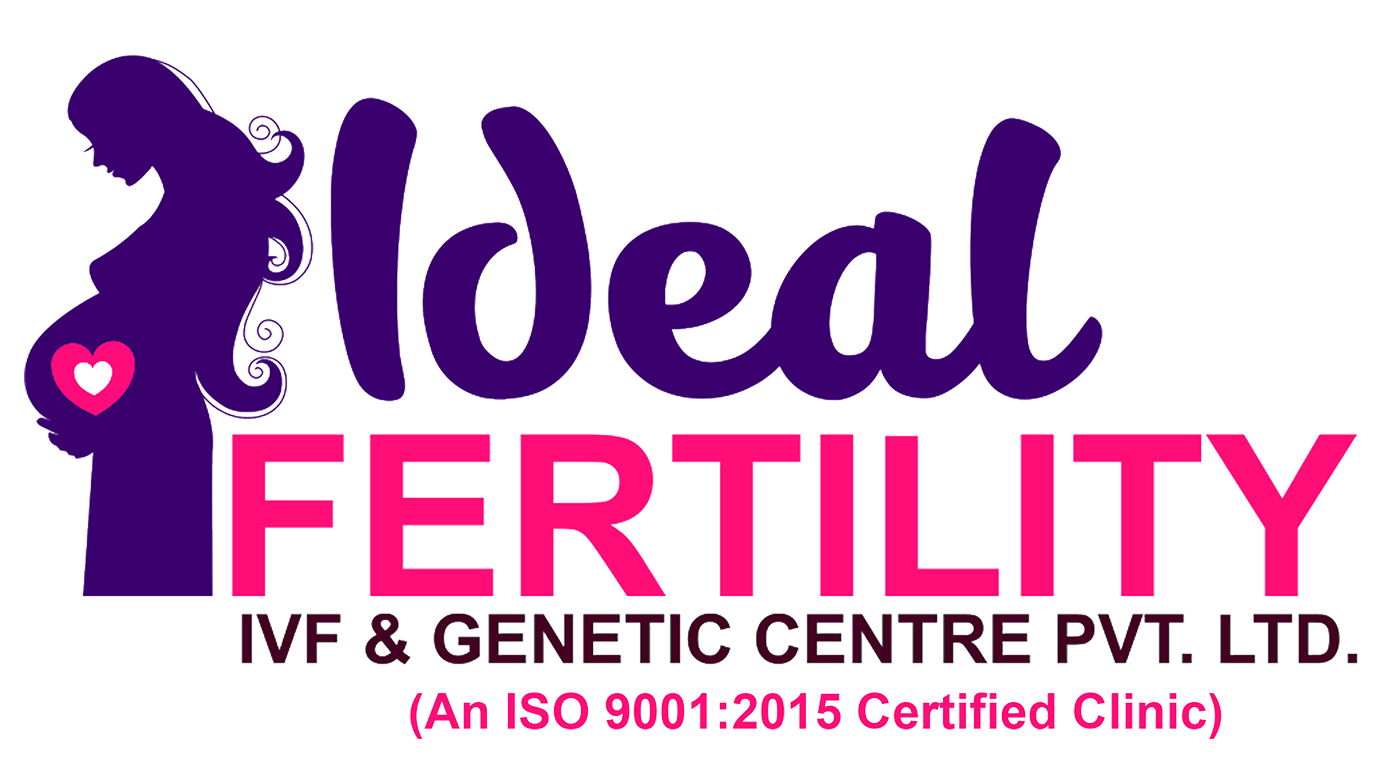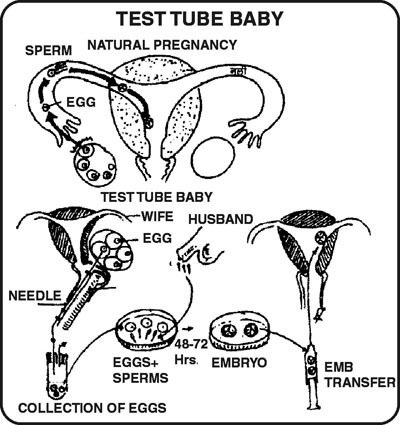Best IVF (In Vitro Fertilization)
IVF (In Vitro Fertilization), often referred to as a “test tube baby” (टेस्ट ट्यूब बेबी) process, is one of the most effective forms of assisted reproductive technology (ART) used to help individuals and couples conceive when natural conception is not possible. This test tube baby method involves fertilizing an egg with sperm outside of the body in a laboratory setting and then transferring the resulting embryo(s) into the uterus. The test tube baby technique (टेस्ट ट्यूब बेबी प्रेग्नेंसी) is widely used to overcome various fertility challenges.
IVF Treatment for Female Infertility
IVF Treatment for Female Infertility Female infertility can arise from multiple conditions such as tubal defects, severe endometriosis, advanced maternal age, polycystic ovarian syndrome (PCOS), repeated pregnancy loss, or unexplained infertility. The test tube baby (आईवीएफ टेस्ट ट्यूब) method is a highly recommended solution for women facing these issues, especially when other fertility treatments have failed. The male partner usually has normal sperm parameters after semen analysis. The process helps bypass egg fertilization and early embryo development issues by carefully managing fertilization in a controlled laboratory environment.
IVF Treatment Process
The IVF (इन विट्रो निषेचन) treatment process consists of several steps, each designed to increase the likelihood of a successful pregnancy.
Ovarian Stimulation
To begin, the ovaries are stimulated using injectable hormone medications like follicle-stimulating hormone (FSH) and luteinizing hormone (LH). These injections encourage the ovaries to produce multiple eggs, rather than the single egg usually released during a natural cycle. This step ensures that more eggs are available for fertilization.
Throughout this phase, blood tests and ultrasound scans monitor the ovaries and the development of egg-containing follicles. Once the eggs reach maturity, a final injection of human chorionic gonadotropin (hCG) is administered to trigger the final stages of egg maturation.
2. Egg Retrieval
Approximately 36 hours after the hCG injection, eggs are retrieved from the ovaries using a thin needle guided by ultrasound. This procedure is done under mild anesthesia to ensure comfort. The eggs are collected into a petri dish containing a specialized solution to keep them viable.
3. Fertilization
Once retrieved, the eggs are fertilized with sperm in a laboratory. Depending on the case, either traditional fertilization (where sperm are mixed with the eggs) or intracytoplasmic sperm injection (ICSI), in which a single sperm is injected directly into an egg, is used.
4. Embryo Development
Over the next few days, the fertilized eggs (now embryos) are monitored in the laboratory. The embryos are allowed to grow until they reach the blastocyst stage, typically five to six days after fertilization. This stage is ideal for embryo transfer, as it increases the chances of implantation.
5. Embryo Transfer
The embryo transfer is a quick and painless procedure. The selected embryo(s) are placed into the uterus using a thin catheter. After the transfer, the patient is asked to rest for a short period before going home.
Role of Injections in IVF
Injections are a crucial part of IVF, particularly during the ovarian stimulation phase. These injections stimulate the development of multiple eggs, rather than just one, increasing the chances of successful fertilization. Hormonal injections include FSH, LH, and a final trigger shot of hCG to initiate egg maturation.
After egg retrieval, progesterone injections are prescribed to prepare the uterine lining for implantation. These injections continue through the early stages of pregnancy, ensuring the embryo implants successfully and continues to grow.
How Long is the IVF Treatment?
IVF treatment (test tube baby) typically lasts between 4 to 6 weeks. The length of the cycle can vary depending on the individual’s response to ovarian stimulation and the number of embryos created. Couples should expect to stay in proximity to the fertility clinic during the embryo transfer phase and until the pregnancy test is completed, usually 12 to 14 days post-transfer.
For couples traveling from abroad, the stay could range from 10 to 20 days depending on the specifics of the treatment plan.
Precautions Following an IVF Procedure
After IVF treatment, it is essential to follow certain precautions to optimize the chances of a successful pregnancy.
- Rest: Avoid heavy lifting, intense physical activity, and strenuous exercise for a few days following embryo transfer.
- Medication Adherence: Take all prescribed medications, such as progesterone, exactly as instructed by your doctor to support the uterine lining.
- Diet and Hydration: Maintain a healthy, balanced diet, stay well-hydrated, and avoid processed or junk foods.
- Limit Stress: Emotional well-being is critical. Practice relaxation techniques like meditation, light yoga, or breathing exercises.
- Avoid Alcohol and Smoking: Both can negatively impact the IVF process and pregnancy.
- Minimize Travel: Stay close to the clinic in the days following the embryo transfer in case of complications or follow-up visits.
Success Rates at Our Fertility Clinic
Success rates for IVF vary depending on several factors, including the woman’s age, the cause of infertility, and the quality of the embryos. At our in vitro fertilization clinic (इन विट्रो निषेचन क्लिनिक), the success rate for women aged 21 to 30 is approximately 65%. For women aged 31 to 35, the success rate is around 42.5%, and for women aged 36 to 38, it stands at 22.1%.
Our take-home-baby rate, which measures the percentage of successful pregnancies resulting in a live birth, is 38.3% per embryo transfer.

